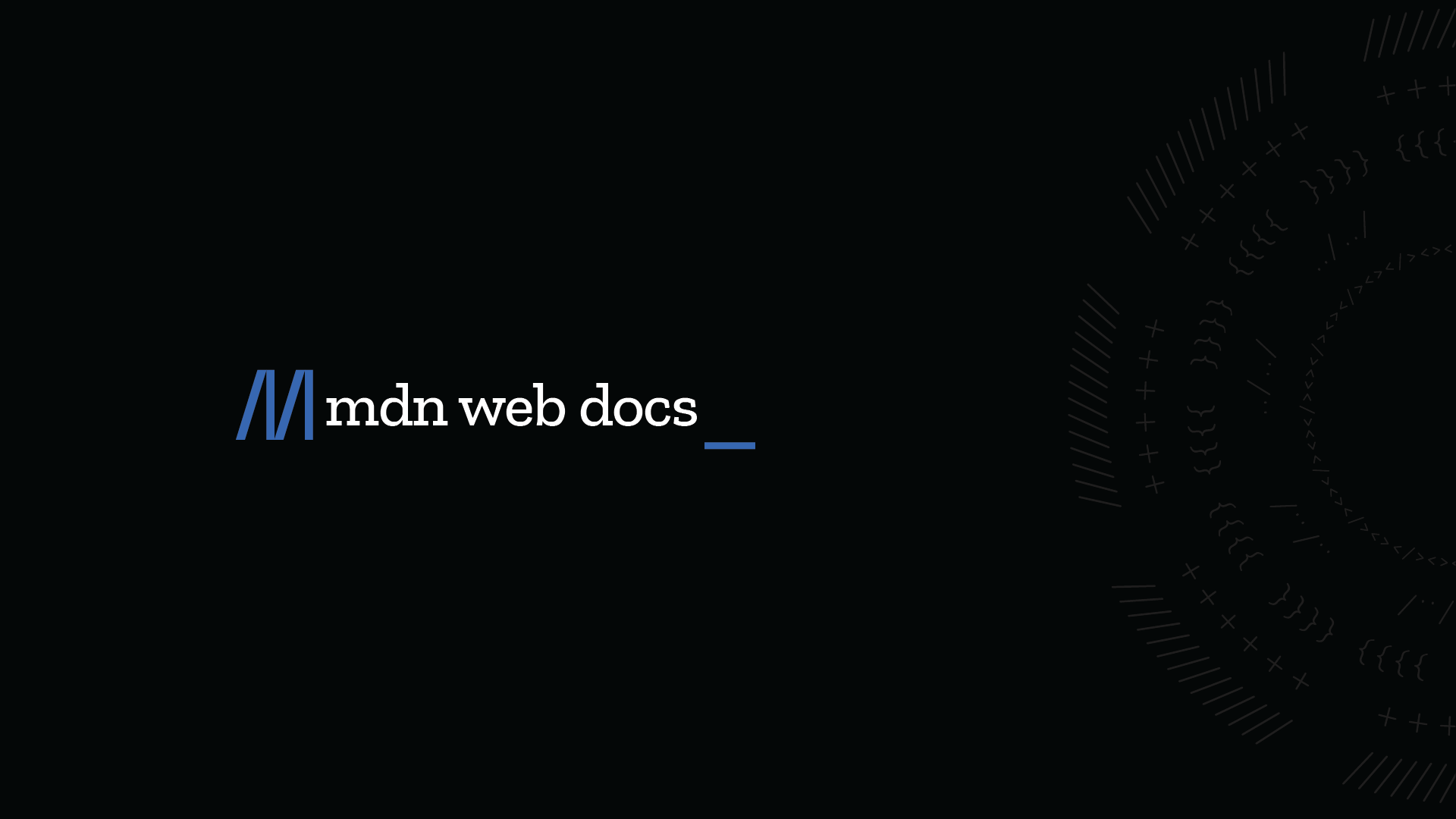developer.mozilla.org/en-US/docs/Web/HTTP/CORS
Preview meta tags from the developer.mozilla.org website.
Linked Hostnames
21- 417 links todeveloper.mozilla.org
- 6 links togithub.com
- 6 links towww.mozilla.org
- 5 links tofetch.spec.whatwg.org
- 3 links towebkit.org
- 2 links towww.w3.org
- 1 link toalfilatov.com
- 1 link tobsky.app
Thumbnail

Search Engine Appearance
Cross-Origin Resource Sharing (CORS) - HTTP | MDN
Cross-Origin Resource Sharing (CORS) is an HTTP-header based mechanism that allows a server to indicate any origins (domain, scheme, or port) other than its own from which a browser should permit loading resources. CORS also relies on a mechanism by which browsers make a "preflight" request to the server hosting the cross-origin resource, in order to check that the server will permit the actual request. In that preflight, the browser sends headers that indicate the HTTP method and headers that will be used in the actual request.
Bing
Cross-Origin Resource Sharing (CORS) - HTTP | MDN
Cross-Origin Resource Sharing (CORS) is an HTTP-header based mechanism that allows a server to indicate any origins (domain, scheme, or port) other than its own from which a browser should permit loading resources. CORS also relies on a mechanism by which browsers make a "preflight" request to the server hosting the cross-origin resource, in order to check that the server will permit the actual request. In that preflight, the browser sends headers that indicate the HTTP method and headers that will be used in the actual request.
DuckDuckGo
Cross-Origin Resource Sharing (CORS) - HTTP | MDN
Cross-Origin Resource Sharing (CORS) is an HTTP-header based mechanism that allows a server to indicate any origins (domain, scheme, or port) other than its own from which a browser should permit loading resources. CORS also relies on a mechanism by which browsers make a "preflight" request to the server hosting the cross-origin resource, in order to check that the server will permit the actual request. In that preflight, the browser sends headers that indicate the HTTP method and headers that will be used in the actual request.
General Meta Tags
11- titleCross-Origin Resource Sharing (CORS) - HTTP | MDN
- titleMDN Web Docs
- titleMDN logo
- charsetutf-8
- viewportwidth=device-width,initial-scale=1
Open Graph Meta Tags
11- og:urlhttps://developer.mozilla.org/en-US/docs/Web/HTTP/Guides/CORS
- og:titleCross-Origin Resource Sharing (CORS) - HTTP | MDN
- og:typewebsite
og:locale
en_US- og:descriptionCross-Origin Resource Sharing (CORS) is an HTTP-header based mechanism that allows a server to indicate any origins (domain, scheme, or port) other than its own from which a browser should permit loading resources. CORS also relies on a mechanism by which browsers make a "preflight" request to the server hosting the cross-origin resource, in order to check that the server will permit the actual request. In that preflight, the browser sends headers that indicate the HTTP method and headers that will be used in the actual request.
Twitter Meta Tags
2- twitter:cardsummary_large_image
- twitter:creatorMozDevNet
Link Tags
9- alternatehttps://developer.mozilla.org/en-US/blog/rss.xml
- alternate iconhttps://developer.mozilla.org/favicon.svg
- apple-touch-iconhttps://developer.mozilla.org/apple-touch-icon.528534bba673c38049c2.png
- canonicalhttps://developer.mozilla.org/en-US/docs/Web/HTTP/Guides/CORS
- manifesthttps://developer.mozilla.org/manifest.f42880861b394dd4dc9b.json
Website Locales
10de
https://developer.mozilla.org/de/docs/Web/HTTP/Guides/CORSen
https://developer.mozilla.org/en-US/docs/Web/HTTP/Guides/CORSes
https://developer.mozilla.org/es/docs/Web/HTTP/Guides/CORSfr
https://developer.mozilla.org/fr/docs/Web/HTTP/Guides/CORSja
https://developer.mozilla.org/ja/docs/Web/HTTP/Guides/CORS
Links
454- https://alfilatov.com/posts/run-chrome-without-cors
- https://bsky.app/profile/developer.mozilla.org
- https://bugzil.la/1511151
- https://crbug.com/775438
- https://developer.mozilla.org